- Write by:
-
Thursday, March 21, 2019 - 6:11:47 PM
-
871 Visit
-
Print
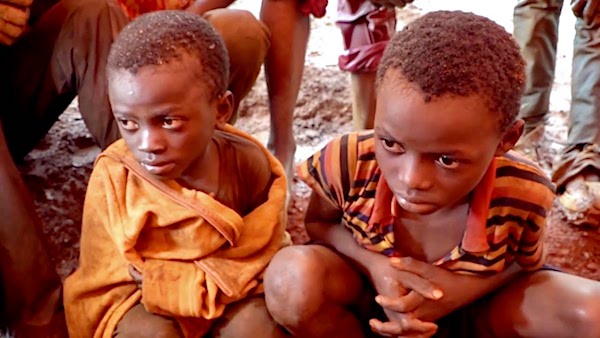
Mining News Pro - Human rights advocate Amnesty International has accused the electric vehicle (EV) industry of selling itself as environmentally friendly while most of the batteries they produce use polluting fossil fuels and unethically sourced minerals.
According to Mining News Pro - In a report published on Thursday, the rights group says manufacturing batteries can be carbon intensive, while the extraction of minerals used in them has been linked to human rights violations such as child labour.
Amnesty has outlined a vision for battery production that can result in ethical and sustainably produced batteries within five years. That process involves extraction, ethical manufacturing, reuse and recovery of batteries, and a prohibition on deep-sea mining.
The group called on companies to publicly disclose information about how human rights abuses and environmental risks are being prevented, identified and addressed throughout the lithium-ion battery’s life cycle.
"Group argues that unregulated industry practices for the extraction of minerals used in lithium-ion batteries have led to human rights abuses and environmental damage."
Some leading companies — Including Apple, BMW, Daimler, Renault, and battery maker Samsung SDI — have already published supply chain data. Amnesty wants others to do the same.
“The massive global corporations that dominate the electric vehicle industry have the resources and expertise to create energy solutions that are truly clean and fair,” Kumi Naidoo, Amnesty International’s Secretary General, said in a statement.
“With demand for batteries soaring, now is the time for a drastic overhaul of our energy sources that prioritizes protection of human rights and the environment,” Naidoo said.
Automakers are investing billions of dollars to ramp up EVs production. German giant Volkswagen, for one, is spending $50 billion to refocus the company on the making of EVs, autonomous vehicles and new mobility services.
The Wolfsburg-based manufacturer plans to raise annual production of EVs to 3 million by 2025, from 40,000 in 2018.
Eyes on the DRC
Market estimates see demand for cobalt, a key battery metal, reaching 200,0000 tonnes per year by 2020. The problem, says Amnesty, is that no country legally requires companies to publicly report on their cobalt supply chains.
More transparency could help improve working conditions in the Democratic Republic of Congo (DRC), which generates more than 60% of the world’s cobalt.
Much of the country’s production is sent to China to be processed by multiple companies before it is used in batteries. In addition, up to 20% of the DRC’s cobalt is mined by hand, often by children with picks and shovels, as a previous Amnesty International investigation showed.
That research linked those mines to the supply chains of many of the world’s leading electronics brands and electric vehicle companies.
Amnesty said it is collaborating with Greenpeace to identify and map human rights and environmental impacts of EV battery production.
Short Link:
https://www.miningnews.ir/En/News/349171
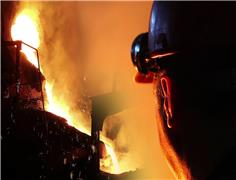
Base metals declined after the Federal Reserve pushed back on interest-rate cut expectations and as investors weighed ...
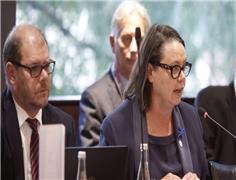
Mining News Pro - Australia expanded its list of critical minerals deemed crucial to its energy transition and national ...
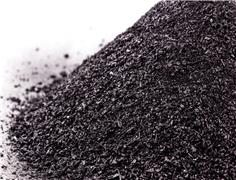
Mining News Pro - China exported small amounts of two minerals crucial to high-tech manufacturing in October, marking a ...
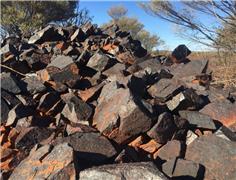
Mining News Pro - Townsville is set to become home to Australia’s first critical minerals processing centre, the ...
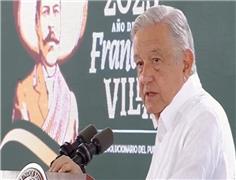
Mining News Pro - Mexico’s President Andrés Manuel López Obrador exhorted Vulcan Materials’ subsidiary, Calica, to ...
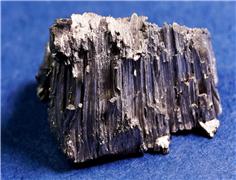
Mining News Pro - China’s exports of germanium and gallium products in August plunged, customs data showed on Wednesday, ...

Mining News Pro - The Pentagon plans to issue a first-time contract to US or Canadian companies by year-end to recover ...
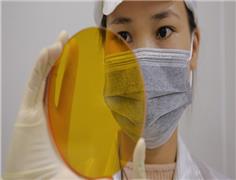
Mining News Pro - When China’s Vital Materials Co. bought up a $600 million stockpile of obscure critical minerals in ...
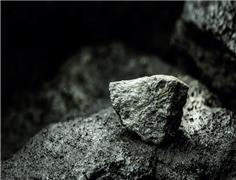
Mining News Pro - Major miner Rio Tinto will invest $40.4 million in Sovereign Metals to advance the Kasiya ...
No comments have been posted yet ...